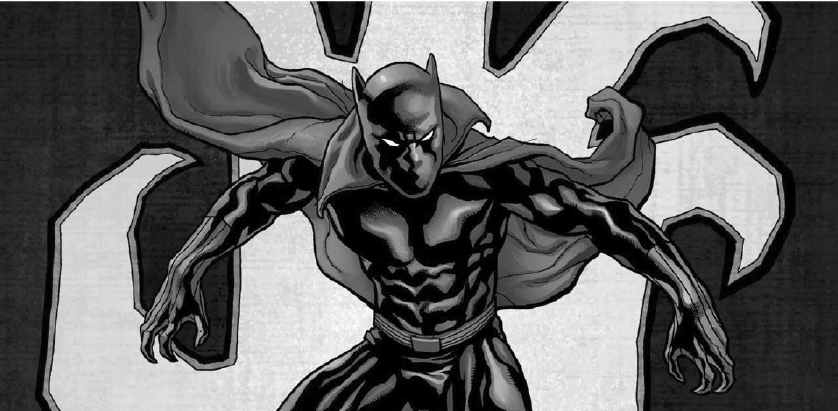Marvel Comics, the juggernaut (no pun intended) of the comic book world and its accompanying movie genre, renewed a 50 year-old series on April 6. “Black Panther #1” is the revamped version of the Black Panther, which originally debuted in 1966 as the nation’s first mainstream black superhero. The comic sought to place a black figure in pop-culture for a younger audience, but it wasn’t connected to the Black Panther Party which was in fact founded later that year. Before the Black Panther, many black characters were heavily caricatured, so bringing to the mainstream a black superhero that was “on-par” with his white counterparts was a large step forward for racial representation in the industry.
Despite this, the Panther — whose real name is T’Challa and who rules a fictional African country — never received as much popularity as his fictitious peers in the early years of the comic. Marvel, it seems, is looking to change this with the remake.
This reincarnation of the Panther is being written by National Book Award winner, MacArthur Genius and national correspondent for The Atlantic. Ta-Nehisi Coates, and Coates is perhaps the most celebrated writer of black culture, so his decision to pen the newest chapter of The Panther has been received warmly. While the issue of race will be present in the comic, it is not intended to be the focus of the story. Coates has made his lifelong love of comic books clear through his outspoken Twitter, which he uses to frequently converse with many of his followers. As he like many children, grew up admiring superheroes such as Superman and Spiderman.
“I would like Black Panther to be some kid’s Spiderman,” Coates said in regards to the release of this new Black Panther series.
He is picking up the comic’s storyline at a time when the Panther’s kingdom, Wakanda, has been recently laid waste to by Namor the Sub-mariner, an Atlantean-human who almost destroyed Wakanda in its entirety during a Wakanda-Atlantis feud, and other supervillains. This new chapter in the saga seeks to answer questions about the state of Wakanda’s monarchy, T’Challa’s own intentions and the effects of absolute monarchy.
This issue’s illustrator is Brian Stelfreeze, a longtime artist for Marvel and another significant African-American figure in the comic book industry. Stelfreeze’s long history with comics ensured that Coates’ version of Wakanda would be properly drawn and colored, ready for the artistic scrutiny that will come with the comic’s projected popularity.
On its release date, Coates’ and Marvel’s collaboration showed that the hype was indeed legitimate: according to Diamond Comic Distributors, all 300,000 published copies of “Black Panther #1” sold out, with second print edition being available May 11.
Coates’ two books, “The Beautiful Struggle” and “Between the World and Me,” revolve around the theme of race in America, and they both tackle the most pressing racial issues of modern times.
Coates’ childhood in the Baltimore area influenced his writing, with the social conditions of the area and his own father — a member of the Black Panther Party — also having a profound effect on the writing that has won him numerous accolades. His latest publication strays away from the racial commentary that he is known for, but according to him, “race is always there.”
The release of “Black Panther #1” marks the resurrection of the original black superhero.
Although the world of comics is by no means lacking in racial representation, the Black Panther is as much of a cultural phenomenon as his new author.

